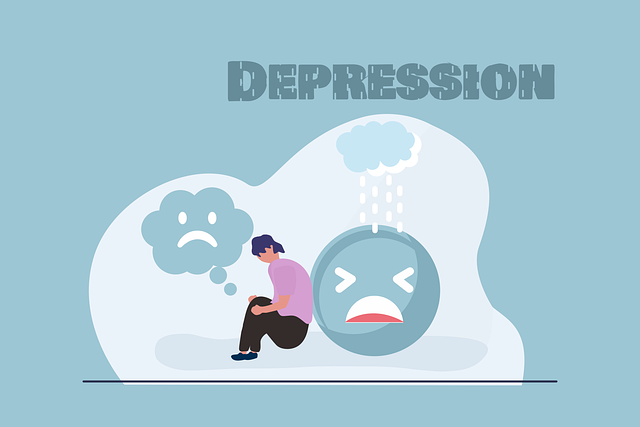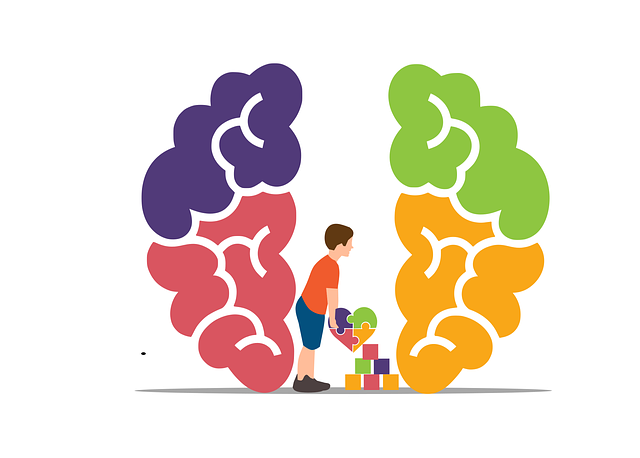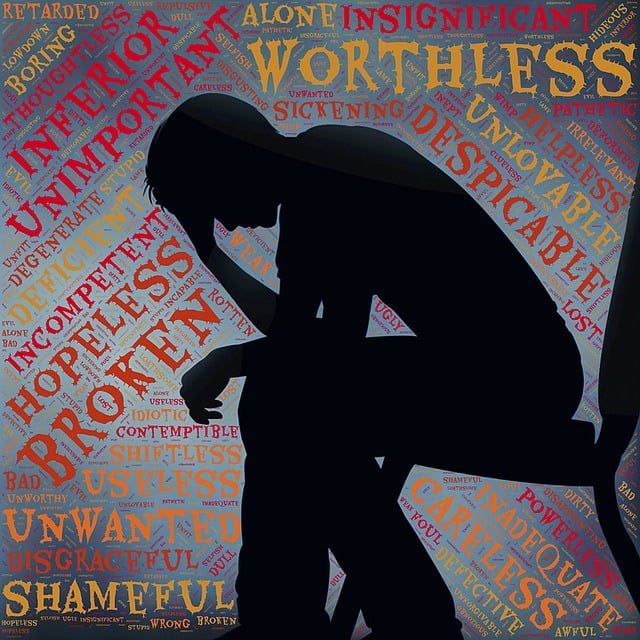Lone Tree First Responders Therapy provides specialized trauma care tailored to individual needs, focusing on personalized strategies and open communication for healing. With cultural sensitivity and community outreach programs, they break down barriers to access support. Offering mental wellness journaling, conflict resolution techniques, and stress management, the program empowers survivors while prioritizing accessibility and inclusivity for diverse communities.
Trauma, a powerful force that can profoundly impact individuals’ lives, demands specialized support systems. This article explores various facets of trauma care, focusing on the critical role of Lone Tree First Responders in providing therapy and building comprehensive support networks. We delve into strategies for effective assistance, emphasizing accessibility and cultural sensitivity in therapeutic services. Understanding trauma’s far-reaching effects is key to empowering survivors and fostering resilient communities, with a special spotlight on the unique contributions of Lone Tree First Responders Therapy.
- Understanding Trauma and Its Impact on Individuals
- The Role of Lone Tree First Responders in Therapy
- Building an Effective Support System for Trauma Survivors
- Ensuring Accessibility and Cultural Sensitivity in Therapy Services
Understanding Trauma and Its Impact on Individuals

Trauma, a profound and often life-altering experience, can leave individuals with lasting psychological scars. It’s essential to understand that trauma doesn’t discriminate; it can affect people from all walks of life, including those in remote areas like Lone Tree, where access to specialized support services might be limited. The impact of trauma is multifaceted, affecting not just an individual’s mental health but also their physical well-being and overall ability to navigate daily life.
Effective trauma support involves recognizing the unique needs of each person and employing tailored strategies. Communication strategies that foster open dialogue can help individuals feel heard and validated. Cultural sensitivity in mental healthcare practice is paramount, ensuring that services are accessible and respectful of diverse backgrounds. Community outreach program implementation can also play a pivotal role in raising awareness about trauma and its effects, encouraging those who need support to seek help without stigma or hesitation.
The Role of Lone Tree First Responders in Therapy

The Lone Tree First Responders Therapy program plays a pivotal role in trauma support services by offering specialized care tailored to individuals who have experienced traumatic events. These trained professionals are equipped with the knowledge and skills to provide immediate assistance, ensuring that those affected receive the necessary support during critical periods. By integrating mental wellness journaling exercises into their therapeutic approach, they foster self-reflection and promote healing.
Community outreach program implementation is another key aspect of their role. They actively engage with local communities to raise awareness about trauma recovery resources, thereby encouraging individuals to seek help early. Moreover, the program emphasizes stress management techniques as an essential component of therapy. By addressing both the immediate needs of crisis intervention and long-term mental health development, Lone Tree First Responders Therapy contributes significantly to the overall well-being of their community.
Building an Effective Support System for Trauma Survivors

Creating a robust support system is paramount when assisting trauma survivors, as it offers them a network of care and guidance during their journey to healing. This involves not just one but a combination of services tailored to address various aspects of recovery. For instance, Lone Tree First Responders Therapy provides specialized care by integrating emotional intelligence into its practices, enabling therapists to offer compassionate and effective support.
Emotional Intelligence plays a crucial role in building trust and facilitating open communication. It equips support personnel with the skills to recognize and understand emotions, both their own and those of the survivors, fostering an environment where individuals feel safe to express their feelings. Additionally, encouraging trauma survivors to engage in Mental Wellness Journaling Exercises and providing guidance on Conflict Resolution Techniques can empower them to take control of their mental health and relationships.
Ensuring Accessibility and Cultural Sensitivity in Therapy Services

Ensuring accessibility and cultural sensitivity is paramount when providing trauma support services, especially for diverse communities like those served by Lone Tree First Responders Therapy. Tailoring therapy to meet individual needs means understanding and accommodating various cultural backgrounds, beliefs, and perspectives on mental health. This involves training therapists to be culturally competent, recognizing and respecting ethnic differences in communication styles, and adapting therapeutic approaches to align with cultural values and norms.
By promoting an inclusive environment, Lone Tree First Responders Therapy fosters trust and encourages individuals from all walks of life to seek support for their trauma recovery. This sensitivity extends to addressing barriers that may prevent people from accessing care, such as language constraints, physical accessibility, or financial limitations. Offering services in multiple languages and ensuring affordable options can significantly enhance reach and effectiveness, ultimately boosting confidence and enabling better stress management and emotional regulation among clients.
In addressing trauma support services, it’s clear that a multifaceted approach is essential. From understanding the profound impact of trauma on individuals to ensuring accessibility and cultural sensitivity in therapy, each component plays a crucial role in effectively supporting survivors. The contributions of Lone Tree First Responders Therapy exemplify how dedicated professionals can revolutionize care. By building robust support systems, we not only empower survivors but also foster a more compassionate and resilient community.














